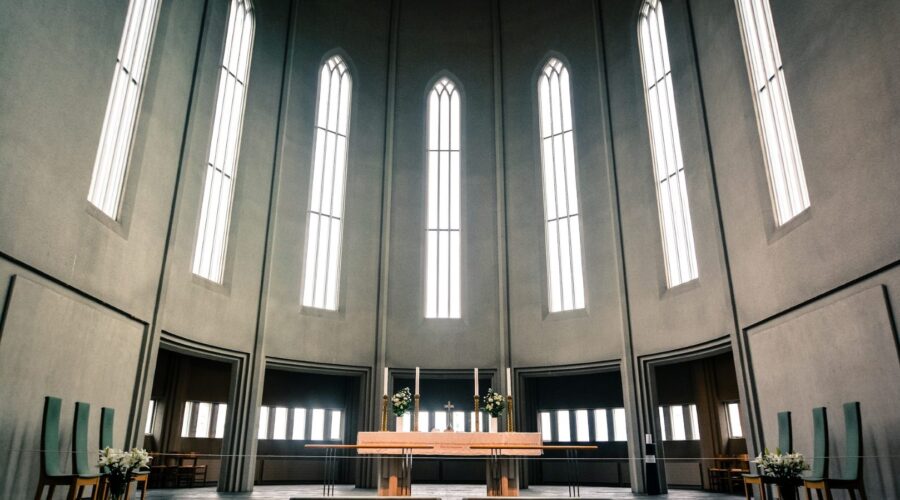Your cart is currently empty!
The First Church: A Comprehensive Guide to Its History, Significance, and Impact

History of the First Church
The origins of the first church can be traced back to the events following the resurrection of Jesus Christ. After His ascension into heaven, the disciples gathered in Jerusalem and experienced the outpouring of the Holy Spirit on the day of Pentecost. This event marked the birth of the Christian church.
The early church spread rapidly throughout the Roman Empire, primarily through the evangelistic efforts of the apostles and other disciples. They established churches in major cities and smaller towns, sharing the gospel of Jesus Christ with people from all walks of life.
The first church faced many challenges, including persecution from Roman authorities and opposition from Jewish leaders. However, it continued to grow and thrive, due to the power of the Holy Spirit and the unwavering faith of its members.
Significance of the First Church
1. Foundation of Christianity
The first church became the foundation upon which the entire Christian faith was built. It was the place where the apostles received the Holy Spirit and where the teachings of Jesus Christ were first proclaimed.
2. Spread of the Gospel
The first church played a crucial role in spreading the gospel of Jesus Christ throughout the Roman Empire and beyond. The apostles and early believers traveled far and wide, establishing new churches and sharing the message of salvation with countless people.
3. Preservation of the Faith
The first church preserved the teachings and traditions of Jesus Christ. It established the New Testament canon, which serves as the authoritative record of God’s Word.
Impact of the First Church
1. Spiritual Revival
The first church experienced a remarkable spiritual revival. The believers were filled with the Holy Spirit and had a deep sense of God’s presence. They lived in community, sharing their possessions and caring for one another.
2. Social Transformation
The first church had a significant impact on society. It taught its members to treat others with love and respect, regardless of their social status. The church also provided support to the poor and marginalized in the community.
3. Global Influence
The influence of the first church extended far beyond its original boundaries. It spread the gospel to distant lands and laid the foundation for the global expansion of Christianity.
Characteristics of the First Church
1. Apostolic Leadership
The first church was led by the apostles, who were chosen by Jesus Christ to guide and oversee the growth of the church.
2. Strong Community
The first church was characterized by a strong sense of community. The believers shared a common faith, supported one another, and worshipped together regularly.
3. Missionary Zeal
The first church was passionate about spreading the gospel of Jesus Christ. The apostles and other believers traveled extensively, establishing new churches and sharing the message of salvation.
4. Biblical Authority
The first church believed in the authority of the Bible. The apostles and other leaders taught from the Old Testament and the writings of the New Testament, which were considered inspired by God.
Challenges Faced by the First Church
1. Persecution
The first church faced severe persecution from Roman authorities, who saw it as a threat to the established religious and political order.
2. False Teachings
The first church also faced challenges from false teachers who spread distorted and heretical teachings. These individuals sought to undermine the true gospel of Jesus Christ.
3. Internal Conflicts
The first church experienced internal conflicts, particularly between Jewish and Gentile believers. These conflicts were primarily related to cultural and theological differences.
The Legacy of the First Church
The legacy of the first church continues to this day. It has inspired countless Christians throughout history and has shaped the beliefs and practices of the Christian faith. The principles and values established in the first church continue to be relevant and influential in contemporary Christian communities.
Conclusion
The first church played a pivotal role in the history and development of Christianity. It was the birthplace of the faith, the foundation upon which the New Testament was built, and the catalyst for the spread of the gospel throughout the world. The characteristics, challenges, and legacy of the first church continue to inform and inspire Christians today.